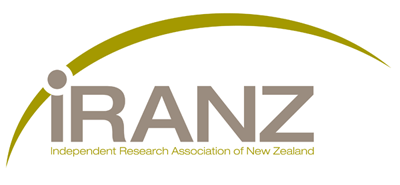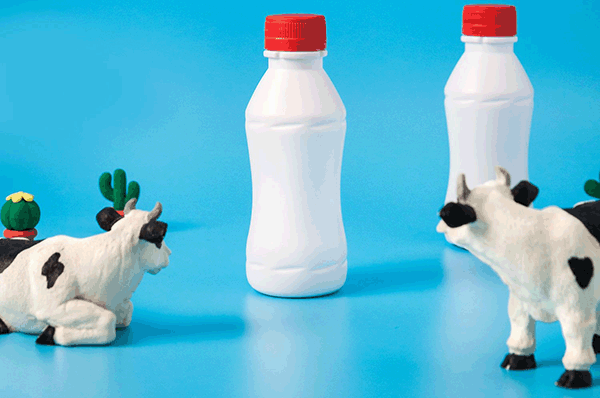Motu: NZ “under-adopting” win-win farming practices
New Zealand farmers are apparently “under-adopting” multiple win-win pastoral farming practices that could reduce on-farm biological greenhouse gas (GHG) emissions. According to research, these practices can maintain, and in some circumstances even increase, farm profits. However, a new research paper from Motu says there are barriers to adopting these win–win practices (defined as “no-cost” mitigation practices).
Researchers from Motu have identified barriers affecting the adoption or expansion of no-cost mitigation practices by farmers in New Zealand. The researchers conducted interviews with farmers in different regions of the country. They discussed different managerial and practical implications of five different “no-cost” farming practices.
“We identified the occurrence of 16 different barriers. Among these, the ‘unsureness about practicality’, ‘risk and uncertainty’ and ‘complex interactions’ barriers showed as the most frequent barriers identified as causing under-adoption of the evaluated practices.
“In addition, different types of perceived costs (financial barriers), such as ‘modelling mismatch’ and ‘learning and adjustment’, have been pointed out as a limitation for adoption,” write the researchers.
‘Risk and uncertainty’ is simply that - the benefits and costs of an option may vary over different conditions not considered by models.
‘Complex interactions’ are those where the farmers do not know the bottom-line impact or are not sure about some unintended consequences due to a complex interaction during adoption – in other words, the practice might not mesh well with other farming systems.
A ‘modelling mismatch’ refers to barriers that arise from incorrect assumptions in modelling – usually that the practice does actually have greater costs than benefits.
‘Learning and adjustment’ barriers arise if adaptation costs are high enough or the learning period long enough that the eventual benefit may not justify bearing these costs – that is, the practice pays off once it is adopted, but the learning process to get there is too expensive.
The type of practices being considered included reducing nitrogen fertiliser use and replacing some pasture with lower N feed; increasing live-weight gain in lambs with better feeding of high-quality feed, which will reduce total intake in lambs; and in dairying, increased per cow performance by using cows with a high breeding worth that are more efficient at converting dry matter into milk. This means that the same amount of milk can be produced with fewer cows and thus less dry matter produced is used to meet maintenance requirements of the cows. These last two practices both contribute to methane mitigation.
Read the research: Identifying barriers to adoption of “no-cost” greenhouse gas mitigation practices in pastoral systems.
Reference
Cortés-Acosta, Sandra, David A. Fleming, Loïc Henry, Edmund Lou, Sally Owen & Bruce Small. (2019). Identifying barriers to adoption of “no-cost” greenhouse gas mitigation practices in pastoral systems. Motu Working Paper 19-10. Motu Economic and Public Policy Research. Wellington, New Zealand.
Date posted: 7 June 2019

